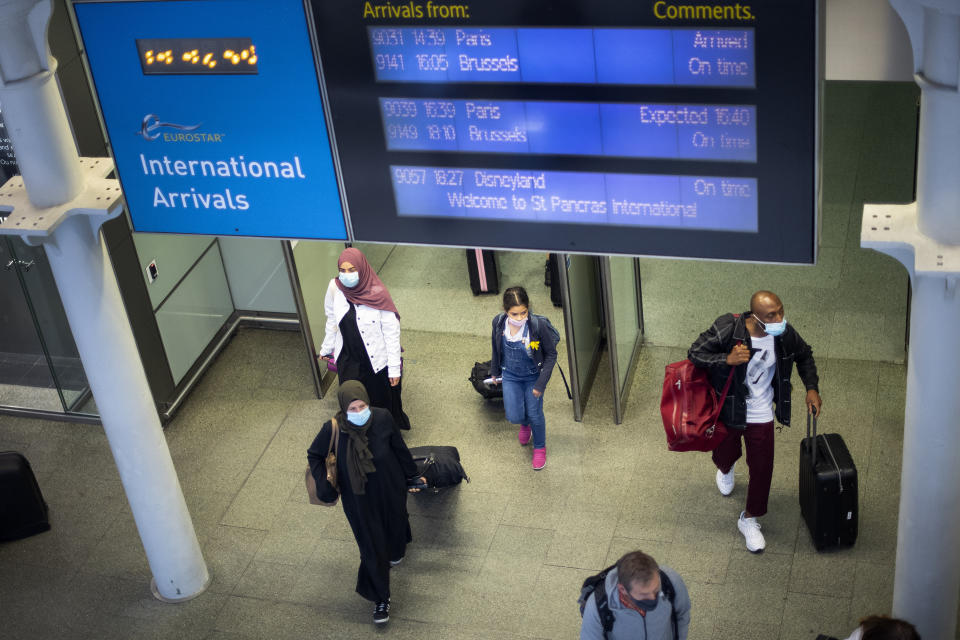UK records over 1,000 new coronavirus cases in seven of the last eight days

The UK has recorded more than 1,000 new coronavirus cases on seven of the past eight days, the latest government figures show.
Figures published on the government’s official coronavirus tracking website showed there had been more than 1,000 cases on every day apart from Monday - when there were 713.
The highest number of cases for the eight-day period came last Friday, when 1,441 people tested positive for coronavirus.
According to the government’s data, there have only been two days where the number of new cases was below 1,000 since 9 August.

Despite the rise in infections, only 12 more coronavirus deaths were confirmed on Tuesday - with just 11 announced over the last three days.
The government said 41,381 people have died in the UK within 28 days of testing positive for Covid-19, as of 5pm on Monday.
Separate figures published by the UK’s statistics agencies show there have now been 57,000 deaths registered in the UK where Covid-19 was mentioned on the death certificate.
It comes as scientists have warned that testing alone is unlikely to bring the virus’s reproduction, or ‘R’ number, below one at current levels of immunity.
Imperial College London researchers believe other interventions such as continuing physical distancing will be needed again to keep the virus under control.
The R number represents how many people someone infected with Covid-19 is likely to go on to infect.
Professor Nicholas Grassly, from Imperial's School of Public Health, said: "Effective testing is key to controlling the coronavirus pandemic.
"Our results show that test and trace can help reduce the R number but needs to be carried out effectively and quickly to do so.
"Test and trace alone won't be enough to control transmission in most communities and other measures alongside will be needed to bring the R number below one."
While Dr Margarita Pons-Salort, from Imperial's School of Public Health, said: "Among others, the effectiveness of these strategies depends a lot on the timeliness to provide test results and to find and quarantine contacts.
"This means that to have a real impact on transmission, testing strategies need to be implemented very well."
Coronavirus: what happened today
Click here to sign up to the latest news and information with our daily Catch-up newsletter

 Yahoo Sports
Yahoo Sports 
